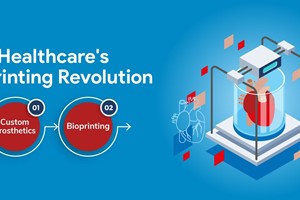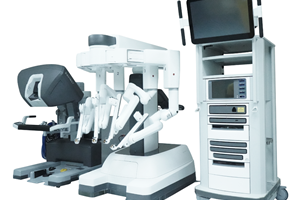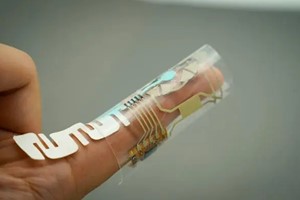3D printing technology has revolutionized healthcare by enabling the creation of custom-made medical devices, prosthetics, and even tissues and organs. This innovative approach allows for precise customization tailored to individual patient needs, enhancing treatment outcomes and improving quality of life.
One of the significant benefits of 3D printing in healthcare is its ability to create personalized prosthetics and implants. Traditional prosthetics often require extensive manual adjustments to fit the patient properly. With 3D printing, prosthetic
digital scans of the patient's anatomy, ensuring a perfect fit and functionality. This customization not only improves comfort but also enhances the prosthetic's performance, allowing users to engage in daily activities with greater ease and confidence.
Moreover, 3D printing enables the production of complex medical implants and devices that are challenging to manufacture using traditional methods. For example, surgeons can now use 3D-printed models of a patient's anatomy to plan and practice surgeries in advance, improving surgical precision and reducing operating time. This preoperative planning can lead to better outcomes and reduced risks for patients undergoing complex procedures.
Another groundbreaking application of 3D printing is in tissue engineering and regenerative medicine. Researchers are exploring the use of 3D printers to create scaffolds and structures that mimic human tissues and organs. These bio-printed tissues have the potential to be used for organ transplantation, drug testing, and studying diseases in a controlled laboratory setting, advancing the field of personalized medicine.
Furthermore, 3D printing technology has democratized access to healthcare solutions in underserved and remote communities. Medical equipment, such as prosthetics and surgical instruments, can be produced locally and at lower costs using 3D printers, reducing dependency on imported devices and improving accessibility to essential healthcare services.
As 3D printing continues to evolve, its impact on healthcare is poised to expand further, driving innovation across medical disciplines and offering new possibilities for personalized, patient-centered care. From customized prosthetics to bio-printed organs, the transformative potential of 3D printing in healthcare promises to shape the future of medicine, making treatments more effective, accessible, and tailored to individual needs.













